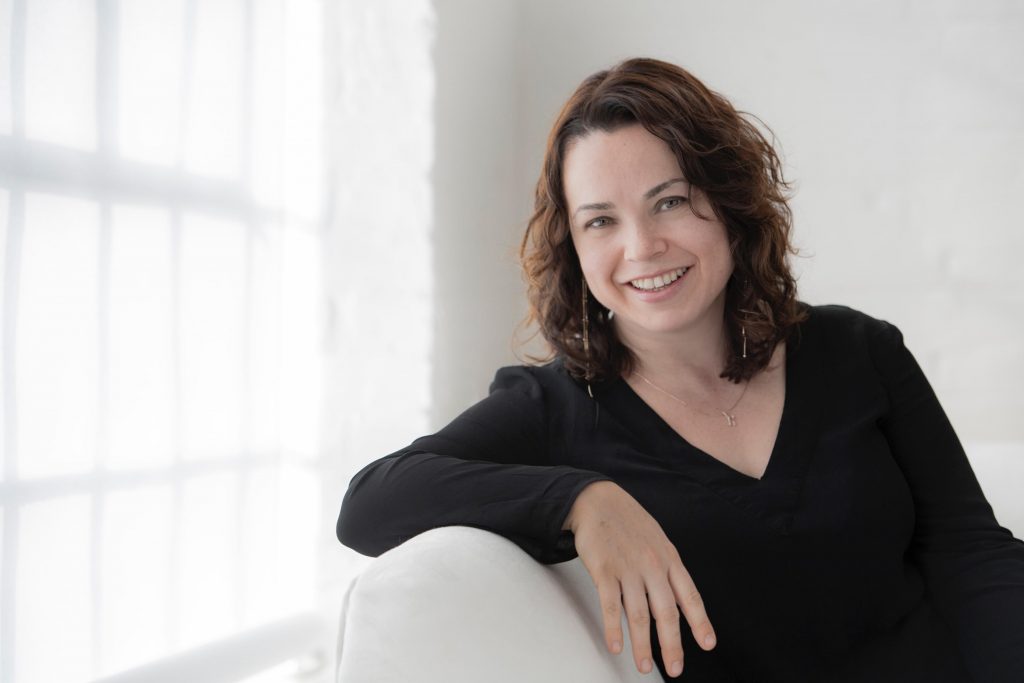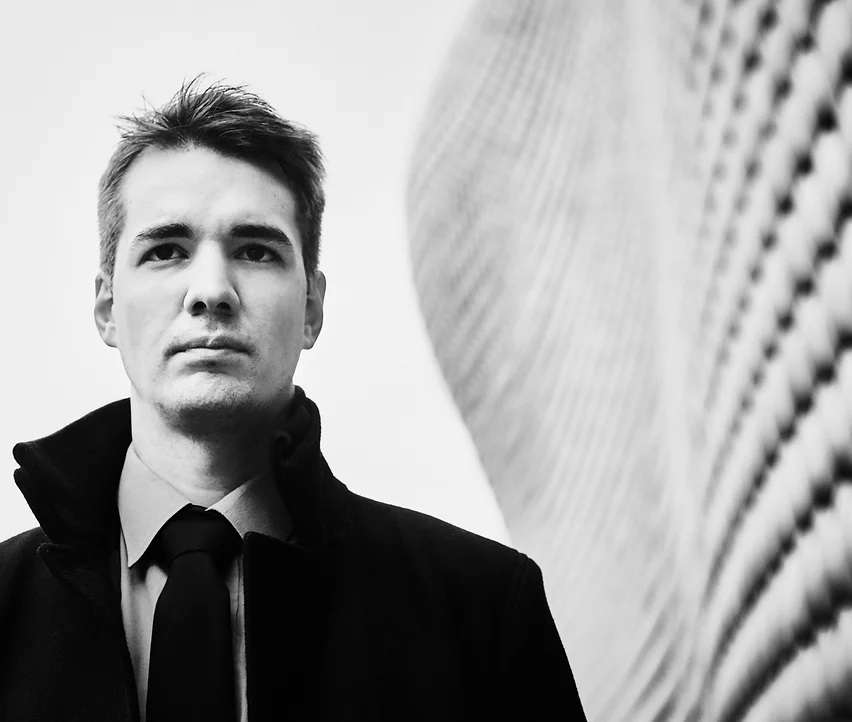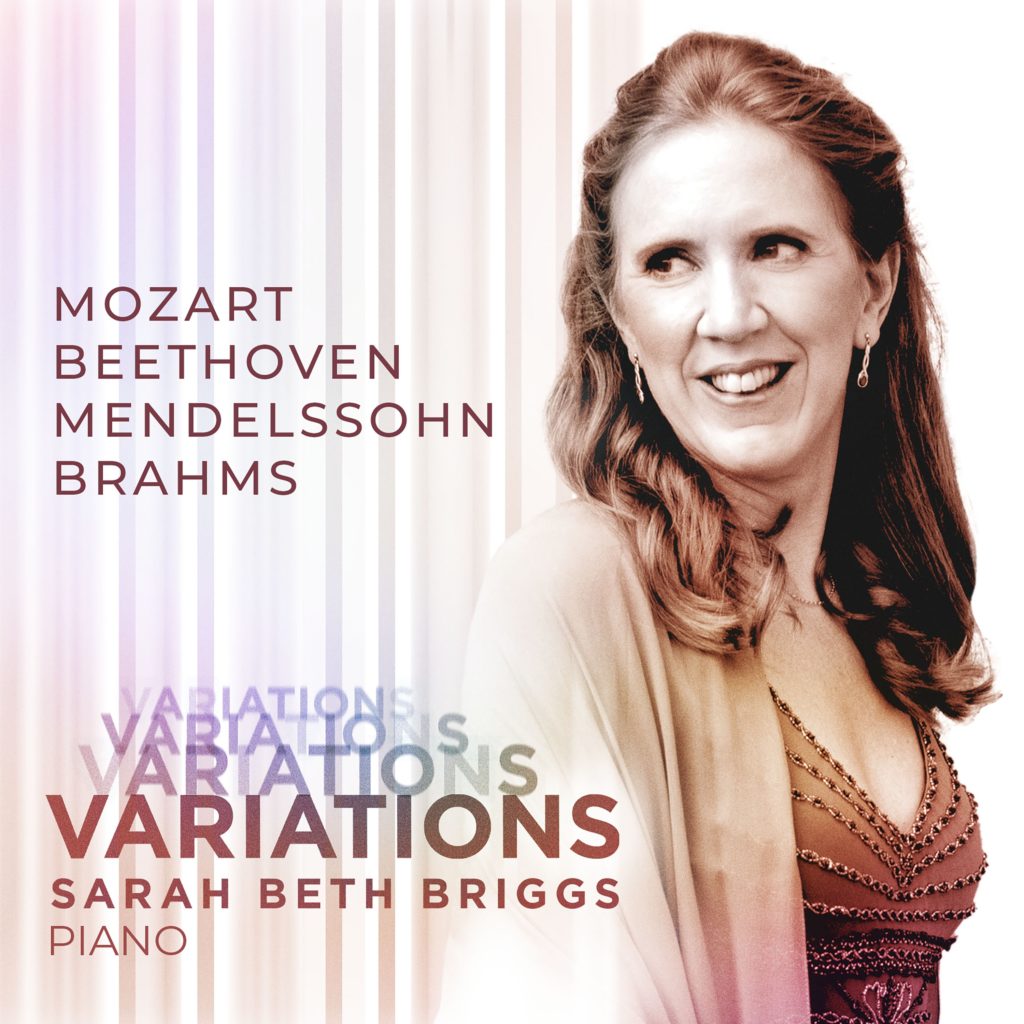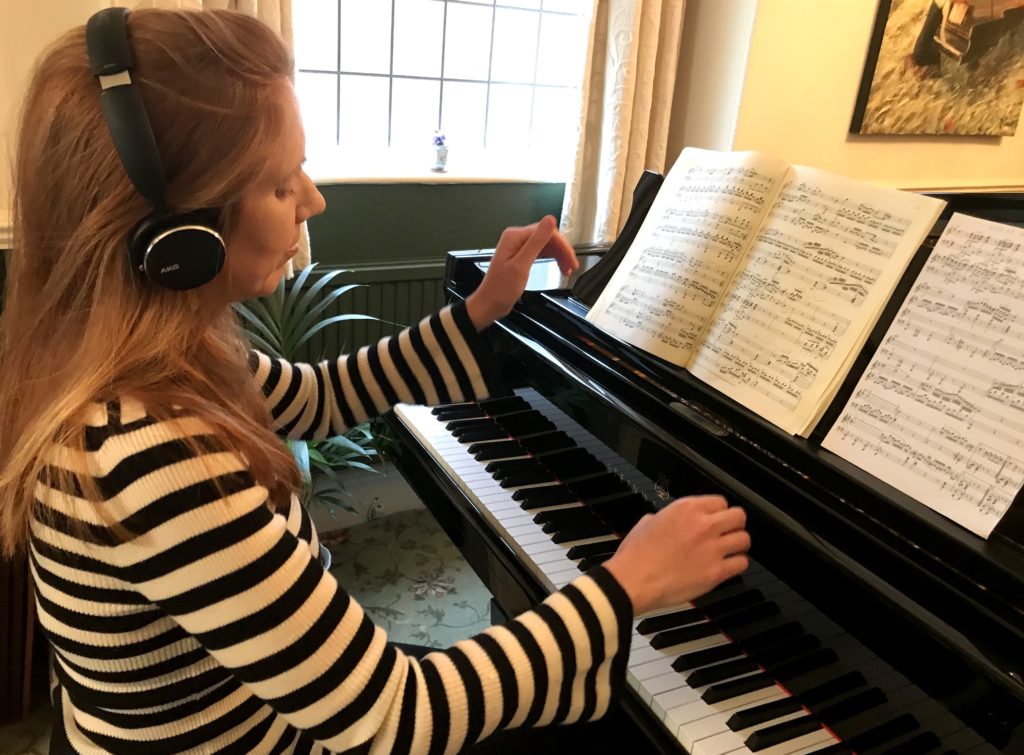
TWO-PIANO recitals are rare enough in themselves, but this one was doubly welcome, not least because one of this pair is a frequent visitor to this neck of the woods.
Katya Apekisheva makes regular solo and chamber appearances at the North York Moors Chamber Music Festival – well worth checking out if you don’t know it – where Charles Owen has also looked in occasionally.
They revealed tireless enthusiasm in this full programme for the British Music Society of York, aligning Mozart and Brahms with three pieces from the last 80-odd years, none of them unduly challenging to the listener but requiring serious virtuosity from the duo.
Mozart wrote his only sonata for two keyboards, K.448 in D, in 1781 to play with a student. Some student! Its demands held no fear for our duo, who launched into it with brio, crisp and bright at the top, if a little light in the bass.
Its slow movement was given a lovely line, with a seductive rallentando back into the main melody on its return. The closing rondo bubbled over with wit.
This enthusiasm continued into Jonathan Dove’s memorial piece Between Friends for Graeme Mitchison, a polymathic scientist who was also a first-class pianist. It was commissioned in 2019 by this duo, whose recording will appear on the Hyperion label on March.
A gently moving intro boils up into the second of four “conversations”, staccato, nervy and energetic, doubtless reflective of Mitchison’s restless mind. The duo dealt with its rapid cross-rhythms spectacularly well.
The elegiac third conversation grew ever more intense, generating the sense of a funeral march. Jack-in-the-box snippets opened and closed the final chat, enclosing brief whirlwind passages and a multitude of offbeat accents, all over a thrumming underlay. It was undeniably exciting, brilliantly played, making one wish to have known Mitchison himself.
Nothing after the interval quite matched this for exuberance. It was good to hear Brahms’s own two-piano version of his Variations on a theme by Haydn, so often heard in its orchestral guise, although they are not exact copies of one another.
The duo managed to maintain their clarity despite challenging tempos, which allowed the composer’s facility for complex counterpoint to shine, notably in the fourth variation. The finale’s ground bass built into immensely satisfying grandeur as the ‘St Antoni’ chorale theme returned.
Depending on your view of minimalism, John Adams’s portrait of a truck stop on the Nevada/California border, Hallelujah Junction, is either wonderfully teasing or irritatingly repetitive – or somewhere in between.
While I could admire the duo’s unflagging concentration through its dense thickets of vicious accents, I found its relentless ‘surprises’ ultimately unsurprising. But the duo brought the jazz-inspired rhythms of its finale to renewed life.
Lutosławski’s Paganini Variations, built on the same theme as Brahms and Rachmaninov had done before him, proved as capricious as the original and just as busy. Like so much of the rest of the evening, there was plenty to dazzle but precious little to dream upon.
Review by Martin Dreyer




